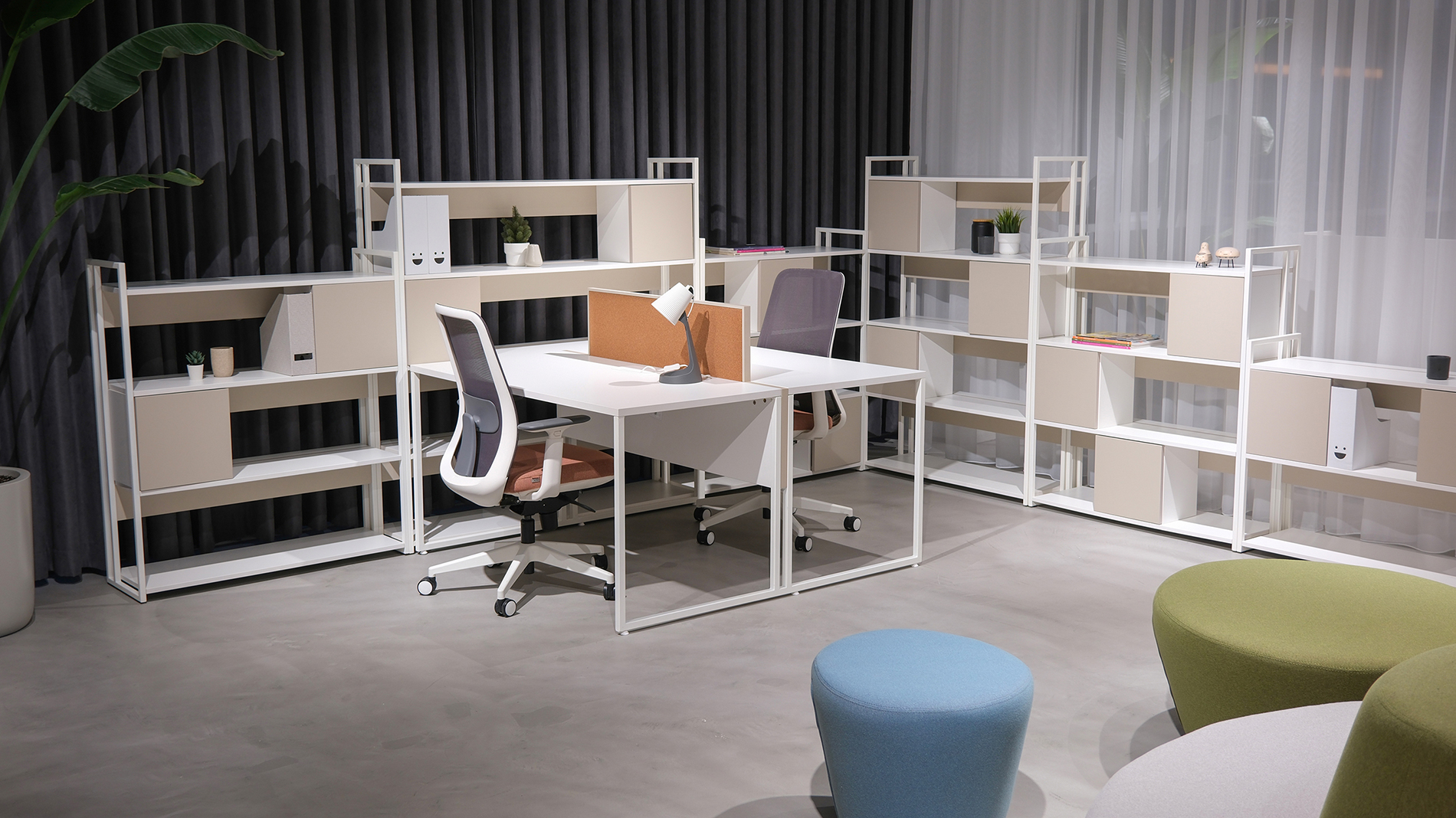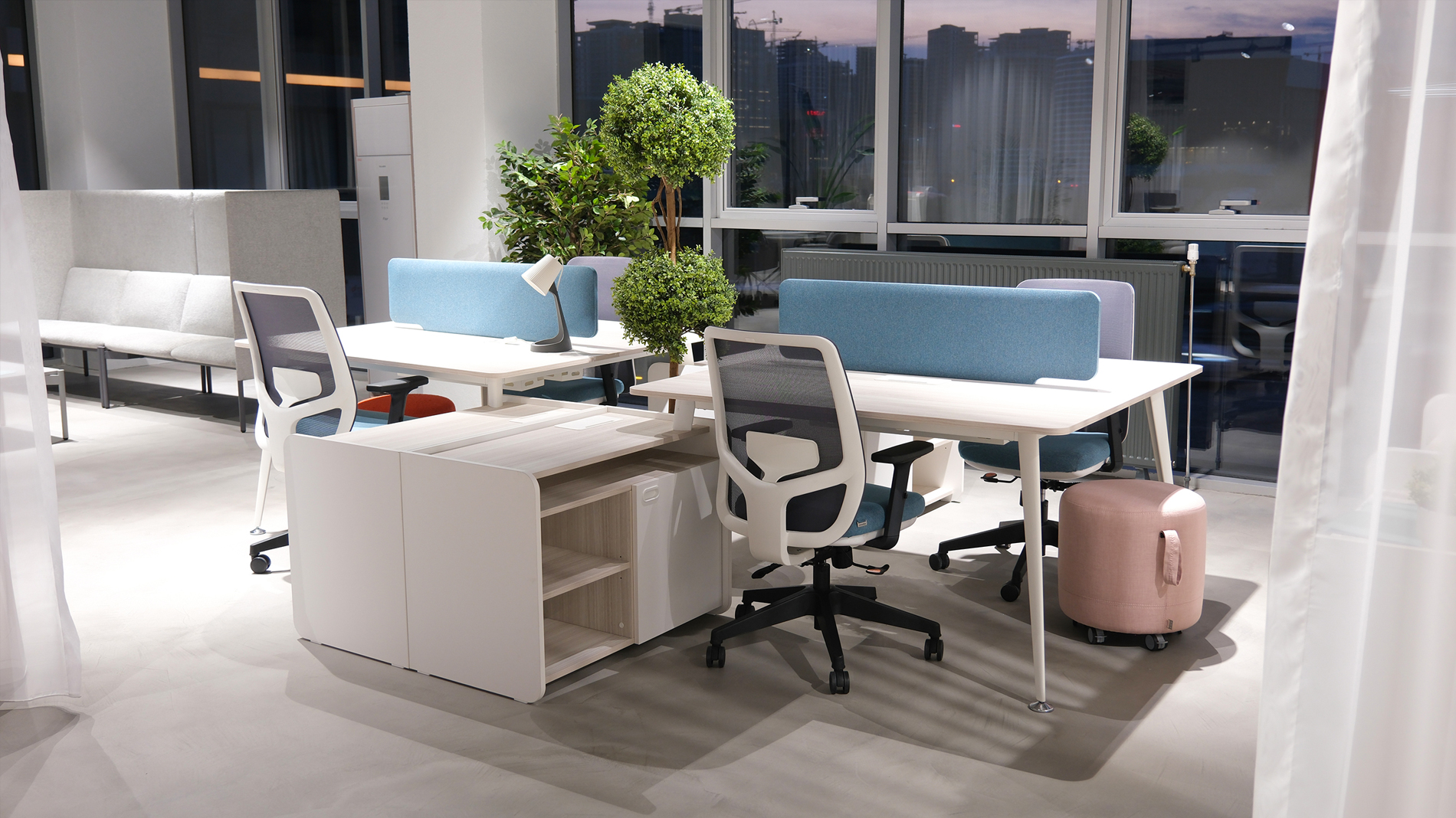CEOs Call Employees Back to Office
CEOs Call Employees Back to Office
In the rapidly reshaping post-pandemic business world, CEOs undoubtedly face critical issues like work model, requiring swift decisions. KPMG's 2023 Global CEO Outlook highlights executives' views on return to office.
The 9th annual KPMG CEO Outlook, conducted with 1,325 CEOs, provides unique insights into CEOs' perspectives, strategies, and future plans. Considering the global challenges of 2023 and their effects in the coming years, CEOs are under pressure to make critical decisions. These challenges and decisions will inevitably impact talent acquisition and retention plans, especially over the next three years.

Is it inevitable to go back to the old days?
The talent-related section of the survey reveals that the majority of global CEOs (64%) foresee a return to the office entirely within just three years. This result is consistent with the findings of the same survey published in 2022. Of the CEOs supporting and expecting a full return to the office, 87% say they will reward employees who make an effort to come to the office with satisfying tasks, pay raises, or promotions.
In the past two years, since the pandemic, CEOs believe everyone should return to the office, contrary to employees' preference for a hybrid working model. This attitude emphasizes the continuation of traditional office-centric thinking among CEOs, while discussions about hybrid models, strongly supported especially among younger employees, continue behind the scenes.
Employees' expectations should be a priority
Hybrid models, which emerged during the pandemic and offered significant convenience and cost advantages to both companies and employees, also had a largely positive impact on productivity over the last three years. As companies implement their office return plans, it is crucial to adopt a long-term approach that embraces the value proposition for employees and includes their needs and thoughts to nourish and support talent. Even though a full return to the office is the primary expectation of most CEOs, careful steps are needed regarding employees' happiness, comfort, meeting their expectations, and well-being.

We have repeatedly emphasized in our previous blog posts how important it is to facilitate both office and home-office environments in the current hybrid working model. With such high expectations for a full return to the office, companies' choices of office designs and comfortable office furniture that ensure employees' health, safety, and most importantly, a comfortable working environment, could be a driving force.
In conclusion, the views of CEOs on returning to the office highlight the complexity and importance of decision-making processes in the post-pandemic business world. This plays a critical role in shaping the future for both companies and employees.
*You can access KPMG 2023 Global CEO Outlook here.
Latest Articles
-
Human-Centred Design: Ergonomics 4.0 in Office Furniture
-
When Design Meets Fashion: The Role of Aesthetics and Style in Workspaces
-
Thinking Through Textures: Sensory Experience Design in New Office Trends
-
The Power of Modularity: Infinite Combinations, Endless Creativity
-
New Balances Between Craftsmanship and Mass Production
-
Flexibility, Sustainability, and Functionality: The Contribution of Modular Furniture to Design
-
Sustainability and Flexibility Take Center Stage in 2025 Office Design
-
2025 Office Design Trends
-
Shaping the Future with Sustainable Materials
-
The Future of Office Design: A Performance-Based Approach
-
2024 Office Furniture Trends: Innovative and Dynamic Workspaces
-
How to Design an Efficient Office
-
Office Furniture Use in the Tourism Sector
-
Furniture in Co-working Spaces is Simple, Colorful and Modern
-
New Generation Offices for Gen Y and Z
-
Office Furniture Use in the Education Sector
-
We Will Be Back to Office Despite Everything
-
Resimercial Design in Modern Workplaces
-
Ergonomics = Comfort + Ease + Efficiency
-
A Few Tips for Home Offices
-
Offices Meeting the Expectations of Generations Y and Z
-
Shape of Tomorrow
